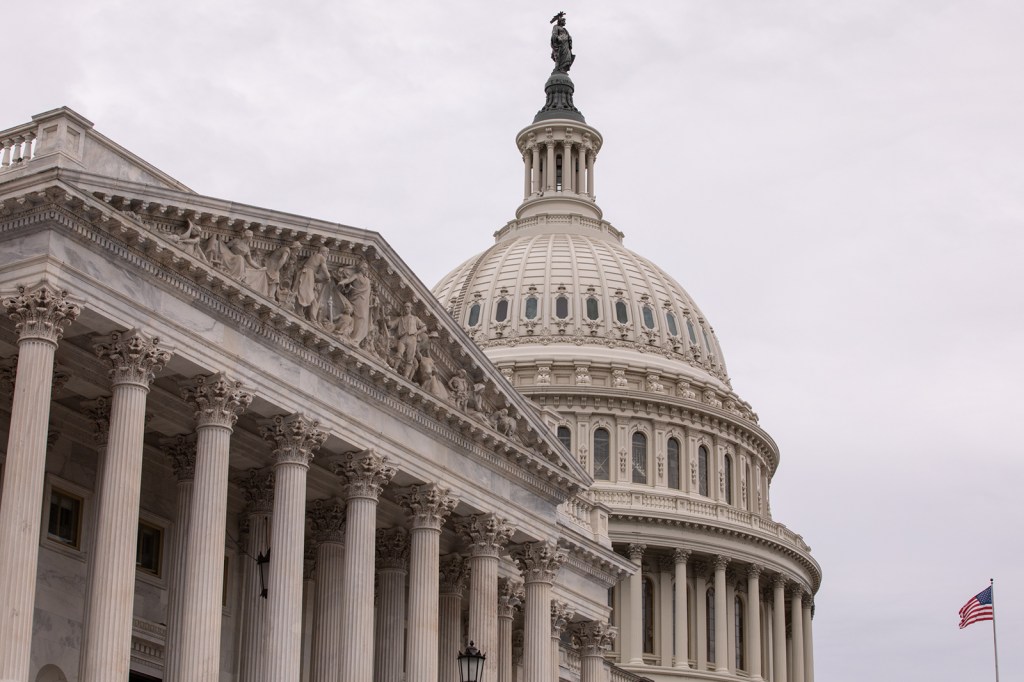For the first time since 2019, congressional gridlock is poised to at least temporarily shut down big parts of the federal government — including many health programs.
If it happens, some government functions would stop completely and some in part, while others wouldn’t be immediately affected — including Medicare, Medicaid, and health plans sold under the Affordable Care Act. But a shutdown could complicate the lives of everyone who interacts with any federal health program, as well as the people who work at the agencies administering them.
Here are five things to know about the potential impact to health programs:
1. Not all federal health spending is the same.
“Mandatory” spending programs, like Medicare, have permanent funding and don’t need Congress to act periodically to keep them running. But the Department of Health and Human Services is full of “discretionary” programs — including at the National Institutes of Health, Centers for Disease Control and Prevention, community health centers, and HIV/AIDS initiatives — that must be specifically funded by Congress through annual appropriations bills.
The appropriations bills (there are 12 of them, each covering various departments and agencies) are supposed to be passed by both chambers of Congress and signed by the president before the start of the federal fiscal year, Oct. 1. This almost never happens. In fact, according to the Pew Research Center, Congress has passed all the appropriations bills in time for the start of the fiscal year only four times since the modern budget process was adopted in the 1970s; the last time was in 1997.
Congress usually keeps the lights on for the government by passing short-term funding bills, known as “continuing resolutions,” or CRs, until lawmakers can resolve their differences on longer-term spending.
This year, however, a handful of conservative Republicans in the House have said they won’t vote for any…
Read the full article here







